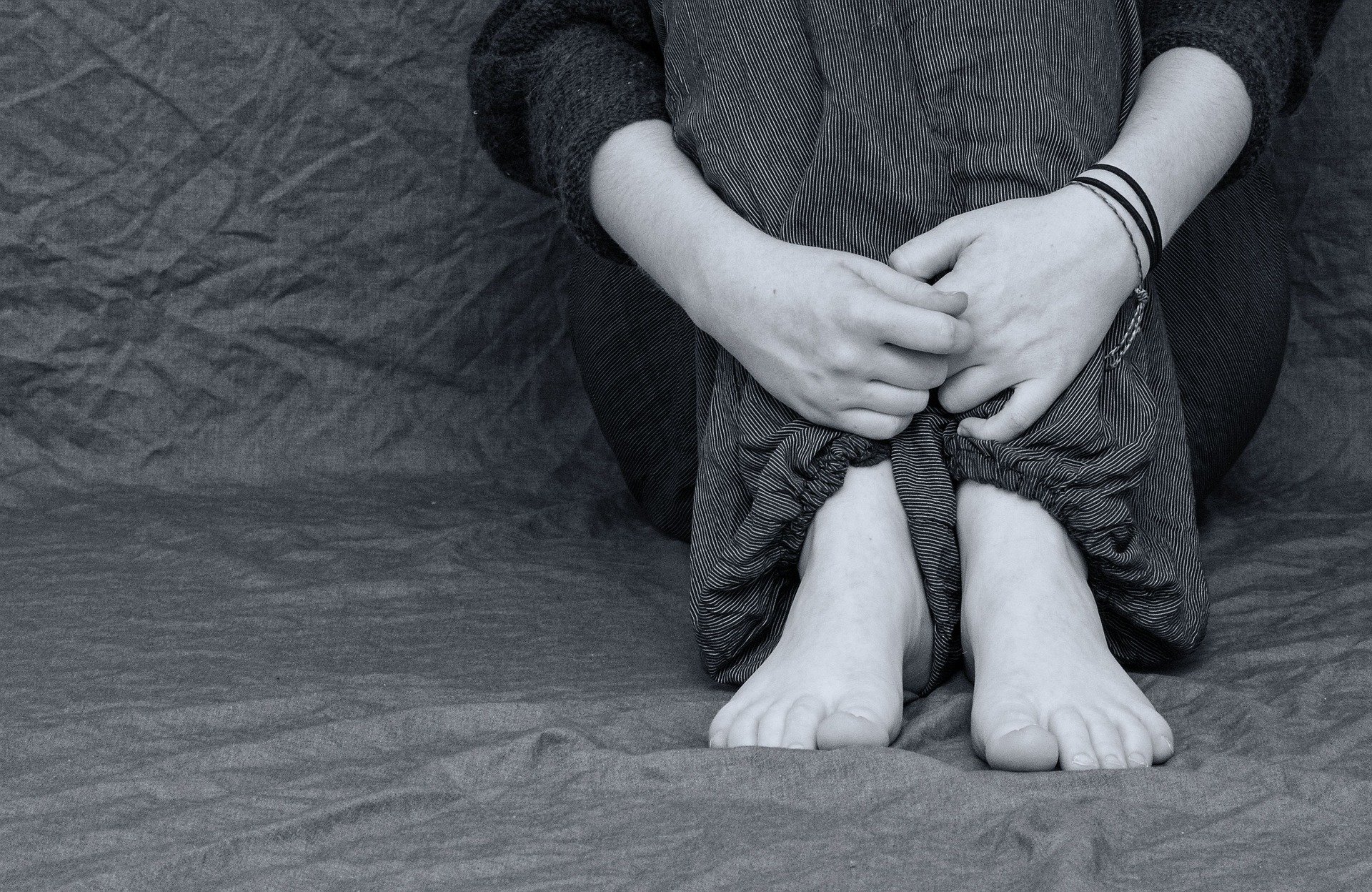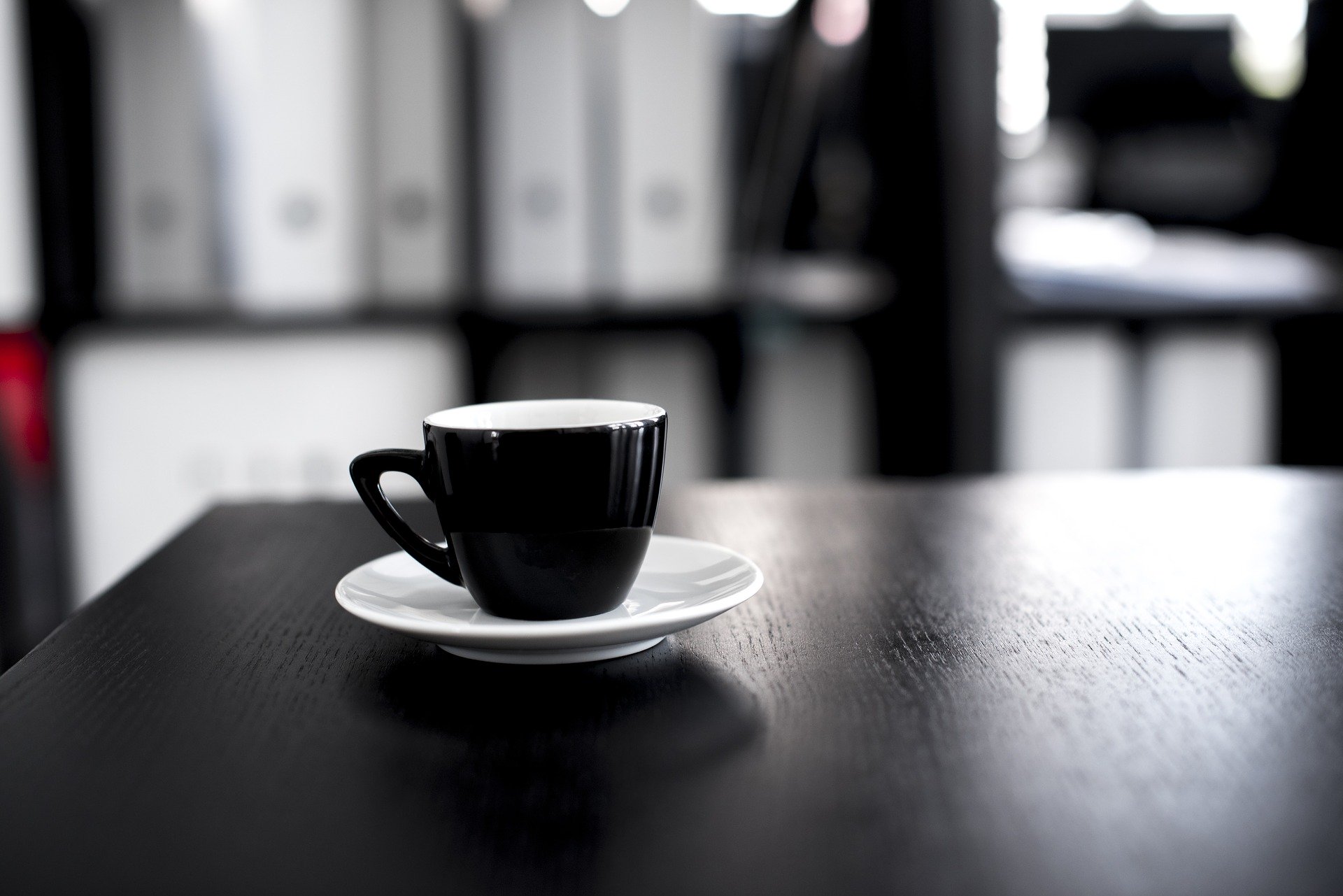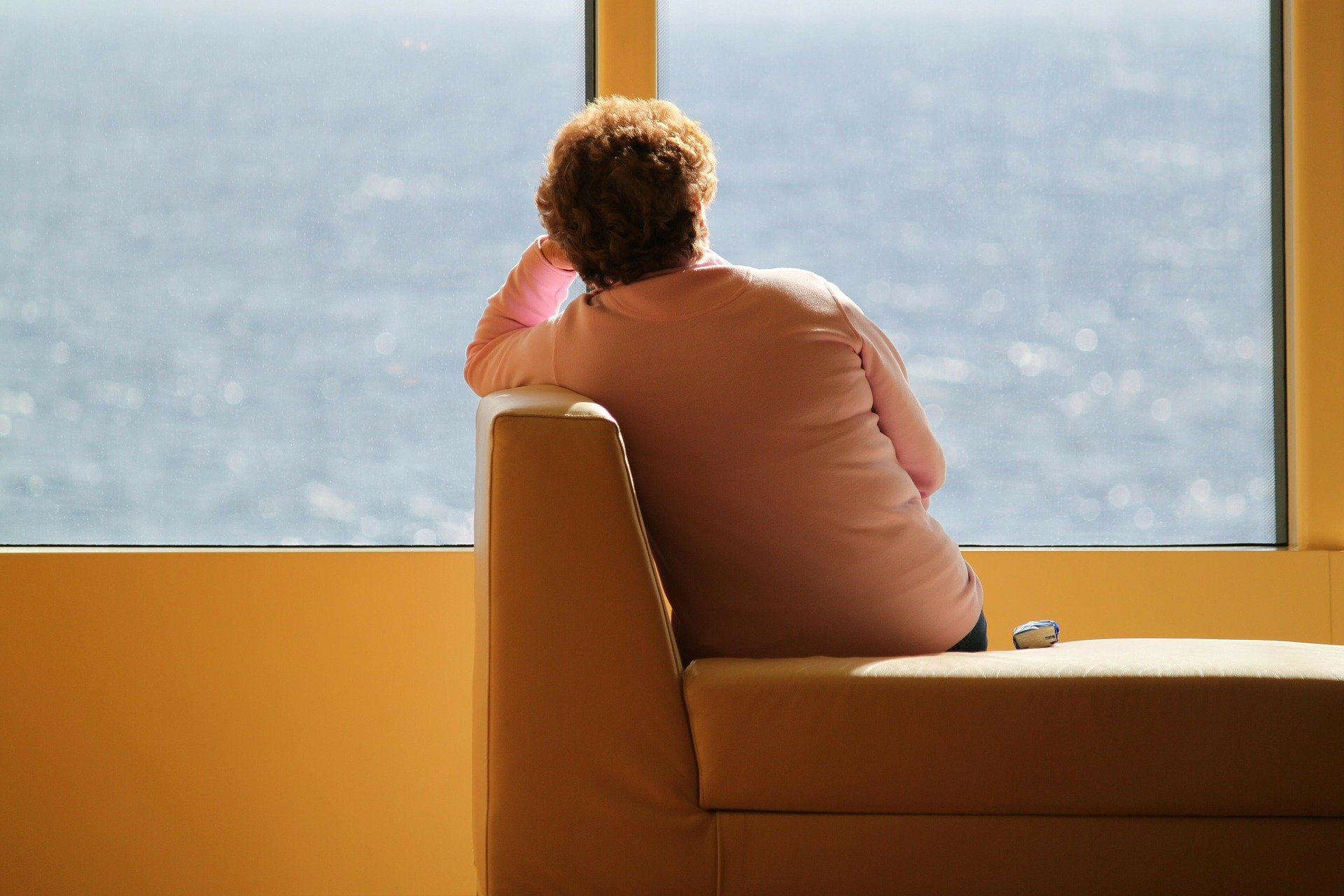If you’re feeling down because of the COVID-19 pandemic, you’re not alone.
That might be obvious, but then, we have some upbeat takes in this issue about COVID-19. Foske de Kruijf has found in social distancing an opportunity to reconnect with what matters; Laura Stavinoha sees cause for optimism, for seizing the moment to make meaningful social change. We thought both of these perspectives were great, uplifting reads, and we’re happy to publish them here at Third Factor. I hope many of you will relate to them or feel inspired by them.
But I’ve got to confess: I’m feeling pretty down myself. Do you remember the spaceship metaphor I used back in Issue Three? I compared the excitable, superstimulable life to a spaceship that has to be steered carefully to reenter Earth’s atmosphere, as described in the movie Apollo 13. Unless the astronauts successfully hit a very narrow target, they will either burn up upon reentry or deflect off the atmosphere into space.
Well, let me tell you: this pandemic isolation has totally shut down my navigation system. I’ve missed my reentry, doomed to remain floating in space for a considerable period. And from this unique vantage point of metaphorical orbit, I’ve come to see clearly how both over- and understimulation affect my creative work. Your mileage may vary, but suffice it to say: if you’re struggling to be creative, you’re not alone.
The Engagement Drought
So, yeah. My funk set in around the middle of May, as the initial storm of virus-related anxiety abated. My friends and colleagues used to remark that I have a lot of energy, but over the past few months, that spring has run dry. Thanks to this intense isolation, I’ve come to recognize how crucial engagement with people is to creative work. It’s what makes it worthwhile, at least for me. The Internet abounds with examples of proudly introverted creative types who seem to bring all their work out of their own heads. I used to think this more or less fit me. It truly struck me what an oversimplification this was, however, when I started self-employment: my productivity would decline if I didn’t have at least one day each week where I sat at a table and worked with other people, so I sought out and joined a co-working group on Meetup.com. The other members and I weren’t even working together on anything, and yet, sitting at a group table and talking about what we were doing, or even just about our lives, recharged me. If I missed my weekly coworking session, I got noticeably less done that week.
The Internet abounds with examples of proudly introverted creative types who seem to bring all their work out of their own heads. It truly struck me what an oversimplification this was when I started self-employment.
COVID-19 has confirmed the truth of this. Having missed my weekly coworking session for about eighteen weeks now, I’m slower, more forgetful, and less motivated. Strikingly, when my husband and I have had a friend or two over for socially distant backyard events (which we do only once a week at most in case any of our guests bring SARS-CoV-2 along), I am slightly but noticeably more effective the next day.
Strikingly, this reminds me of two other periods in my life when I felt this kind of funk: these were high school and a period after college when I didn’t know what I was going to do with my life. Those times were both colored by a dearth of meaningful engagement, including both socially and through work, which I suspect is also why I struggled in those times to feel a sense of purpose. Though the work of putting words on paper, or voice on tape, or paper on canvas does require some isolation, creative work is, ultimately, not the ultra-solitary pursuit some believe it to be. It is rather a conversation with society—and “society” reaches us first and foremost through our friends, coworkers, family, and other in-person connections. (And, crucially, not very well through social media.)

Personally, if I don’t engage in these meaningful ways, I find that I end up with too many ideas, but none with sufficient value or purpose to follow them. Because if I’m just sitting in my house all day, what does any of it matter? One can make an intellectual argument that it does (and I do this regularly these days in conversation with myself) but on a deeper, more visceral level, isolation makes precisely the opposite argument.
Seeking Stimulation
I’ve come to understand for the first time in my life why people rely on chemical substances to try to hack their quality of life. I am one of those highly sensitive people who has traditionally avoided caffeine beyond a cup of black tea in the morning and green tea in the afternoon. Coffee makes me jittery. When I was in my twenties, I only ever drank it (with lots of flavoring added) when I got off a flight from Japan to Detroit in an effort to conquer jet lag. As for alcohol, I’ve never much cared for it. I have pretty low tolerance and don’t like the feeling of having more than one glass of wine (it doesn’t tend to make me “fun” or “interesting”; it just makes me sleepy).

And so it’s quite striking to me to find that if I don’t start the day at least a cup of tea, and maybe even a cup of coffee, then I struggle to get anything done. This has never been the case in my life before. I almost always got enough stimulation from, well, life. From people. From engagement with the world. I didn’t need artificial stimulation. It was when I gave myself a weekend off of caffeine—not even tea—and found that I couldn’t bring myself to do much of anything. Then I made a cup of black tea and suddenly found a little bit of motivation to do some editing for this issue. It was striking how effective it was.
It’s quite striking to me to find that if I don’t start the day at least a cup of tea, and maybe even a cup of coffee, then I struggle to get anything done. This has never been the case in my life before. I almost always got enough stimulation from, well, life. From people.
So it’s safe to say that Third Factor Issue 13 is brought to you by the buttered popcorn latte. (I got a hold of some buttered popcorn flavored syrup. Some coffee chain should make this their next flavoring. It’s a guaranteed smash, I tell you.)
As for alcohol, well, I still am wary of that. And yet, despite my wariness, I have developed a new hobby: wine tasting. That I did this after being only a rung up from teetotaling through much of my life got enough laughs out of people that I decided to write it up in a lighthearted piece you will find elsewhere in this issue.
Despite the lightheartedness, however, there is a darkness here. I have a greater understanding now of why people become dependent on caffeine—and, more frighteningly, on alcohol, or things more harmful still.
Keep Going
It seems safe to say, then, that this funk that all of us are feeling is in line with what Kazimierz Dabrowski meant when he talked about being maladjusted to a bad situation as a sign of mental health. It’s a positive thing to want to interact with the world. It’s not a sign of ill health to do badly when you’ve cancelled all your engagements and haven’t seen anyone but your nuclear family and a masked grocery store clerk for four months.
But as my grandma used to say, this too shall pass. It’s not good to have to rely on caffeine, even in small doses, to feel motivated to do anything. But at least I understand why I’m experiencing this. I know that if I were only to make some social engagements, to host my coworking meetup, or meet in person with a client to discuss meaningful work, I would snap out of it. I may be in a funk, but it is easily explained—and will be simple enough to rectify once it becomes safe to do so.
Sometimes all we can do is endure. People who were over-committed before and are getting a needed break notwithstanding, we should be positively maladjusted to social distancing, even as we acknowledge that it’s for the best in the long run. But this too shall pass (though not for those the virus destroys or damages). And perhaps—as my more optimistic fellow contributors have noted—when this ends, we will emerge with greater self-knowledge, renewed purpose, and better adjustment to what ought to be.
Sometimes all we can do is endure. We should be positively maladjusted to social distancing, even as we acknowledge that it’s for the best in the long run.
In the meantime, would anyone care for some tea?




